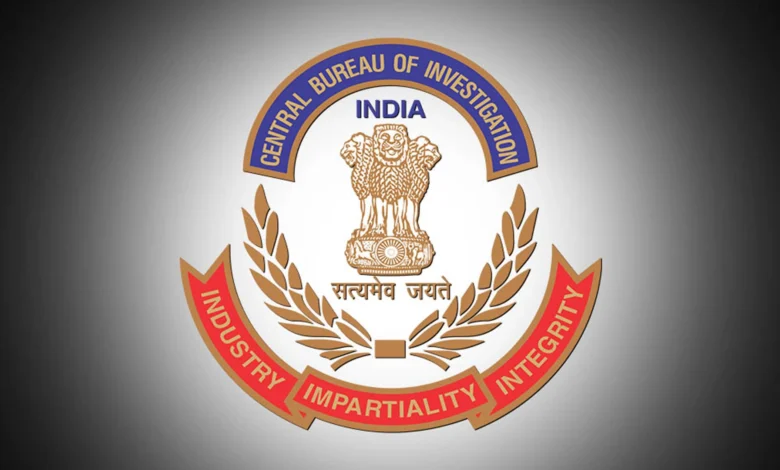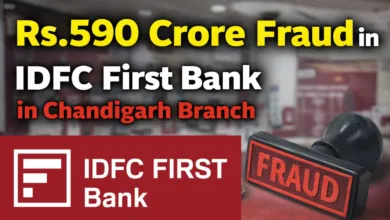UCO Bank Employee sent to 3 years Jail

Patna: A former special assistant of UCO Bank has been sentenced to three years of rigorous imprisonment for defrauding the bank of more than ₹25 lakh in the late 1980s. The sentencing comes 33 years after the fraud was committed, as per a statement from the Central Bureau of Investigation (CBI) on Sunday.
The Special Judge for CBI cases in Patna also imposed a fine of ₹6 lakh on the convict, A.K. Biswas, who was employed at UCO Bank’s Frazer Road branch in the Bihar capital from 1983 to 1991.
The Case and Investigation
The case dates back to January 20, 1992, when the CBI registered an FIR against Biswas following allegations of financial misconduct. The complaint stated that between 1986 and 1989, Biswas opened a fictitious bank account in which he artificially inflated the credit balance before fraudulently withdrawing large sums of money.
According to a CBI spokesperson, Biswas embezzled a total of ₹25,70,073 by passing forged and fabricated debit vouchers. He allegedly made several false credit entries in the ledger sheet of the account and withdrew money using cheques and withdrawal slips written in his own handwriting. The fraudulent activities were systematically carried out over three years, causing significant financial losses to the bank.
Legal Proceedings
Initially, three separate cases were filed against Biswas concerning the fraud. However, since the allegations, documentary evidence, and witnesses were common across all cases, the CBI decided to merge them into a single case to streamline the investigation and legal process.
Following a detailed inquiry, the CBI submitted a single chargesheet against Biswas. The charges were officially framed against him on June 22, 2006. The trial extended over several years, and after reviewing the evidence, the court found him guilty of financial fraud.
The Verdict
The Special Judge for CBI cases in Patna, after completing the trial, pronounced Biswas guilty of the charges. As a result, he was sentenced to three years of rigorous imprisonment and fined ₹6 lakh.
This case highlights the long legal battle against financial fraud and the persistence of law enforcement agencies in bringing financial offenders to justice, even after several decades.
